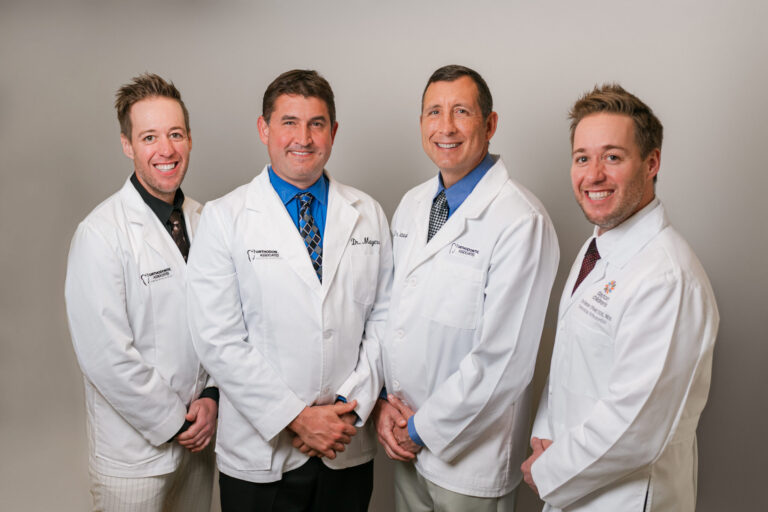What You Should Know About Nurse Practitioners and Their Prescriptive Authority

Nurse practitioners (NPs) play a key role in healthcare by enhancing access to medical services and improving patient experiences. Understanding how NPs contribute to your care and the scope of their responsibilities helps build confidence in their expertise. Here is the role of NPs, their prescriptive authority, educational requirements, and how they collaborate with physicians to provide patient-centered care:
Nurse Practitioner Role
An NP is a highly trained healthcare professional with advanced clinical training beyond that of a registered nurse (RN). NPs diagnose conditions, manage treatment plans, and prescribe medications. With a focus on holistic care, they emphasize prevention and long-term wellness, which is particularly relevant for patients with cardiovascular conditions who manage chronic conditions.
Scope of Practice
The scope of practice for NPs varies by state. Some states grant NPs full practice authority, allowing them to diagnose, treat, and prescribe medications without physician oversight. For cardiology patients, this means that depending on your state, a nurse practitioner may work closely with a cardiologist to coordinate treatments. Regardless of location, NPs are well-equipped to address health concerns and provide comprehensive care. They may do the following tasks:
- Conduct thorough health assessments and physical examinations.
- Diagnose and manage acute and chronic conditions.
- Prescribe medications and therapies, including managing adjustments when necessary.
- Order and interpret diagnostic tests, such as bloodwork or imaging.
- Provide patient education to promote healthier lifestyles and disease prevention.
- Develop and implement comprehensive treatment plans.
Education and Certifications
Becoming an NP involves rigorous education and training. After obtaining a Bachelor of Science in Nursing (BSN) degree and gaining experience as an RN, aspiring NPs complete a Master of Science in Nursing (MSN) or a Doctor of Nursing Practice (DNP) program. Additionally, certification in specialized areas such as cardiology is typically pursued. This allows NPs to develop deeper expertise in managing specific conditions. Alongside formal education, maintaining certification through ongoing education is mandatory.
Improved Healthcare Access
For many cardiology patients, timely access to care has a significant impact on outcomes. NPs bridge gaps in the healthcare system. It may offer more appointment availability and handle a range of medical evaluations, from routine checkups to managing treatment for complex conditions. Their ability to spend more time with patients in consultations creates an environment where individuals can be informed about their health.
Added Physician Oversight
Collaboration between NPs and physicians ensures continuity of care, particularly in states requiring formal practice agreements. While an NP may prescribe medication for arrhythmia, they might collaborate with a cardiologist to develop a comprehensive treatment plan. This teamwork may benefit patients by combining the expertise of multiple providers. Even in states where NPs practice independently, they often consult specialists when addressing cases that are unique or complex.
Find Cardiology Care and Prescriptions at a Clinic
NPs are transforming healthcare by offering accessible and personalized care to individuals. Whether diagnosing conditions or assisting with chronic diseases, their role benefits cardiology patients seeking comprehensive support. If you’re ready to receive high-quality, advanced care, schedule an appointment at a clinic near you to begin the process.
- What to Expect When Visiting a Foot and Ankle Specialist
- Causes of PTSD
- The Link Between Plantar Fasciitis and Weight Gain: What You Need to Know
- How Pet Ownership Can Positively Impact Life with Fibromyalgia
- The Importance of Stretching and Flexibility in Sports Medicine
Dr. Emma Green is a health and wellness expert with over 10 years of experience in nutrition and fitness. Passionate about helping others live their healthiest lives, Dr. Green shares practical advice on wellness, nutrition, and sustainable living through LivingSpristine.






